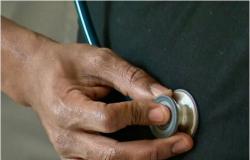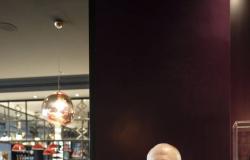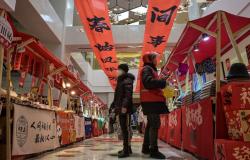Dakar, January 16 (APS) – The rejection of French policy in Africa is more linked to “persistent misunderstandings” between African youth and a mode of partnership and cooperation considered hackneyed than to an “anti-French feeling” ‘, estimates the regional director of Timbuktu Institute, Bakary Sambe.
The rejection caused by French policy in Africa, contrary to what some analysts say, does not result from an “anti-French feeling”, suggested the Senegalese academic.
We must rather talk about “persistent misunderstandings between this increasingly educated and informed African youth and a mode of partnership and cooperation which no longer corresponds to the demands of the current era,” he declared.
”This is why this youth is calling for a review of partnerships and forms of cooperation in order to establish a win-win partnership, as advocated by certain authorities, but also to obtain better consideration of relations between the North and the South,” underlined Mr. Sambe.
He was speaking at the presentation of a study entitled ”Sahel-West Africa: security and development cooperation tested by local perceptions”.
This report produced by 48 investigators covers Niger, Senegal and Togo.
The regional director of Timbuktu Institute also insisted on the need for African countries to reinvent their security strategies by strengthening regional cooperation.
To guarantee security stability on the continent, African countries must adopt “an appropriate strategy, while consolidating regional cooperation,” he asserts.
”Controversies”
-Concerning the desire of Burkina Faso, Mali and Niger to leave the Economic Community of West African States, Bakary Sambe recommends the establishment of bilateral agreements.
Senegal, he suggests, ”can play a very important role in becoming a hub for security cooperation, thanks to its training schools, its capacity building programs and the thousands of African officers trained in the country”.
He noted, regarding the perception of foreign military presences, that the most negative trends are noted in Niger and Togo.
On the other hand, in Senegal and Ivory Coast, judgments are more moderate, according to Bakary Sambe.
”In Senegal, the question of foreign military presences is not a subject of major public debate, unlike in countries like Niger, where the subject arouses controversy,” added Mr. Sambe, founder of the Observatory radicalism and religious conflicts in Africa and teacher-researcher at the Center for the Study of Religions at Gaston-Berger University in Saint-Louis (north).
His research focuses on transnational networks, Islam in Arab-African relations, and radicalization and Islamic activism in the Sahel.
An expert from the United Nations, the European Union and the African Union, Bakary Sambe participated in the creation of the G5 Regional Counter-Extremism Unit in the Sahel.
BB/BK/ADL/ESF





